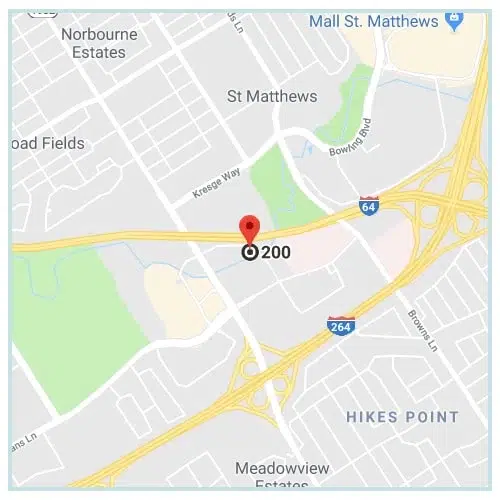Most people reading this blog post would know that Medicaid is a program run jointly by the federal and state governments and it is the largest source of healthcare coverage in the country. Per federal law, states must cover certain groups of people who are known as mandatory eligibility groups. In addition, states may cover certain other groups that require the support that the Medicaid program provides.
Financial eligibility for Medicaid
As many people in Kentucky may already know, the Affordable Care Act brought into effect a new methodology for determining eligibility for Medicaid. The eligibility is primarily based on income, or in other words, Modified Adjusted Gross Income (MAGI).
The MAGI-based methodology takes into account taxable income and tax filing relationships in order to determine financial eligibility for Medicaid. This methodology does not allow for income disregards that vary from one state to another or one eligibility group to another. It also does not allow for an asset or resource test.
Some individuals, however, are exempt from the MAGI-based income calculation rules. Examples include people suffering from blindness, disability or whose age over 65 years. For these groups, the eligibility is determined based on guidelines that the Social Security Administration follows for its programs.
Exemptions to the MAGI-based methodology
Determination of income is not mandatory for certain groups. Those would include groups that are already enrolled in Supplemental Security Income, certain cancer treatment and prevention programs, children receiving benefits under Title IV-E of the Social Security Act, and young adults who meet the requirements for eligibility as a former foster care recipient.
Non-financial eligibility for Medicaid
In addition to the financial eligibility, Medicaid applicants need to fulfill certain other criteria. That is, they must either be a citizen or a qualified non-citizen of the United States. They must also generally be a resident of the state in which they are applying for benefits.



